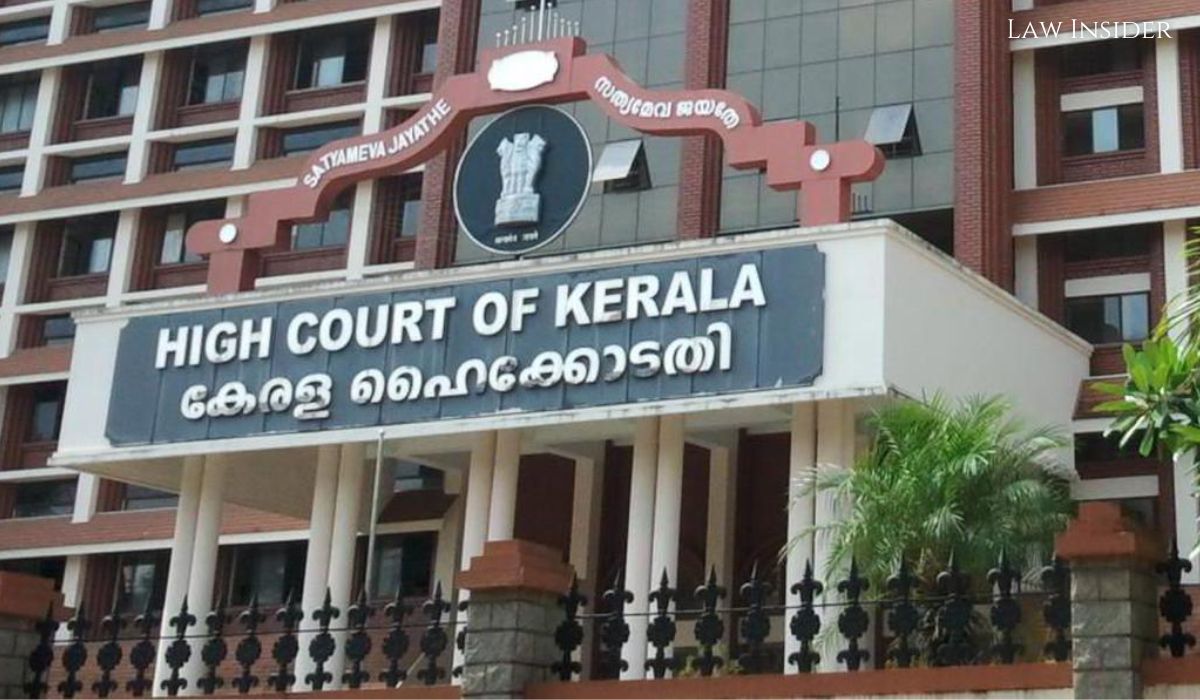LI Network
Published on: December 03, 2023 at 18:22 IST
The Kerala High Court has affirmed that the Central Government, under Section 6(5) of the National Investigation Agency Act (NIA), possesses the authority to order investigations into Scheduled Offenses, even without prior reference from the State Government.
This ruling came while addressing petitions seeking to nullify two Central Government orders that activated the National Investigation Agency (NIA) to probe alleged offenses by members of the Popular Front of India (PFI) and a case related to the murder of an RSS/BJP activist.
A Division Bench comprising Justice P.B. Suresh Kumar and Justice Johnson John upheld the Central Government’s authority, stating that Section 6(5) permits the Central Government to direct the NIA to investigate Scheduled Offenses, even in cases where no formal case has been registered.
The Court emphasized the legislative intent behind the provision, highlighting the NIA’s mandate to investigate these offenses, regardless of whether a case has been formally registered.
However, the Court dismissed this argument, underscoring the NIA’s power granted by Section 6(5) to investigate Scheduled Offenses based on information received from various sources.
Moreover, the Court examined the connection between specific cases and Scheduled Offenses, finding common accused individuals and affirming the NIA’s proposal to investigate.
The Court concluded that the offenses in question were indeed connected to Scheduled Offenses, thus validating the Central Government’s orders for NIA investigations.
Additionally, the Court addressed the legality of the Central Government’s orders, finding no fault in the consideration process. It maintained that since investigations pursuant to these orders revealed Scheduled Offenses and culminated in a final report, the petitioners lacked grounds to challenge these orders.
Lastly, the Court affirmed its administrative jurisdiction to transfer cases, citing precedents from the Supreme Court.
Ultimately, the Court dismissed the case, asserting that the arguments lacked merit based on its examination and interpretations of relevant sections of the NIA Act.
Case Title: Ali K. & Ors. v. Union Of India & Ors.

